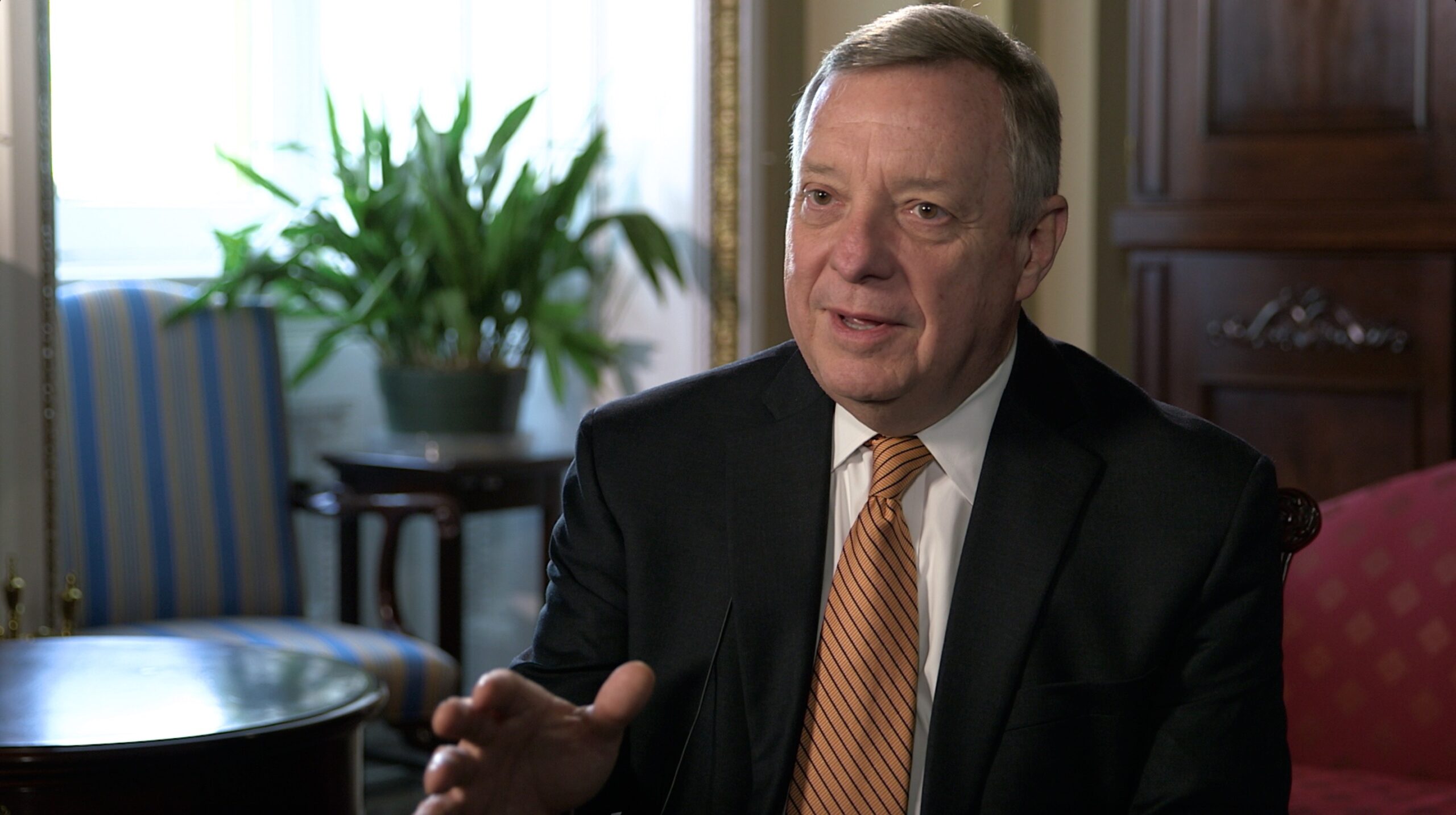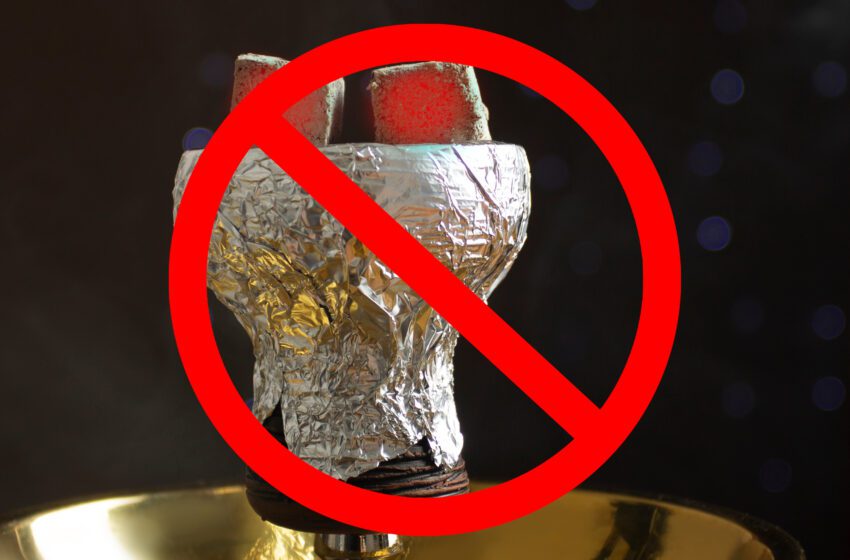
U.S. Senate Majority Whip Dick Durbin has again decried the Food and Drug Administration on its unacceptable failure to “protect children from the dangers of vaping” as the agency continues to miss and delay critical deadlines.
In a press release, Durbin stated that he has repeatedly criticized the FDA for its long-overdue review of premarket tobacco product applications (PMTAs) from e-cigarette manufacturers, which originally had a federal court deadline of September 9, 2021.
FDA has missed that court-ordered deadline by 28 months as unauthorized e-cigarettes flood the market.
During his speech, Durbin also called on the Biden Administration to swiftly implement a proposed public health rule to prohibit the production and retail sale of menthol cigarettes and flavored cigars.
“I know this President cares deeply about the toll of cancer. It has touched his family personally, as it has mine,” the Senator said. “If we want to make a difference in the health of Americans—and set a legacy for future generations—then the Administration must finalize this public health measure to end Big Tobacco’s predatory promotion of menthol cigarettes. Lives hang in the balance.”
The FDA stated in prior status reports for PMTAs that the agency would complete a review of 100 percent of the applications by the end of 2023. The agency is now estimating that completion of the reviews may be delayed as the FDA considers the D.C. Circuit’s opinion in Fontem US v. FDA, affirming in part and vacating and remanding in part marketing denial orders for certain vaping products.





















